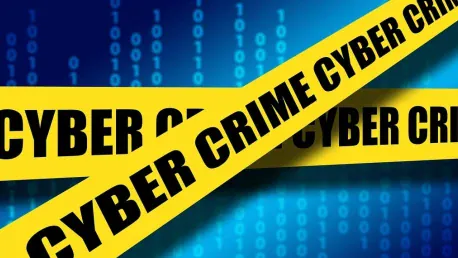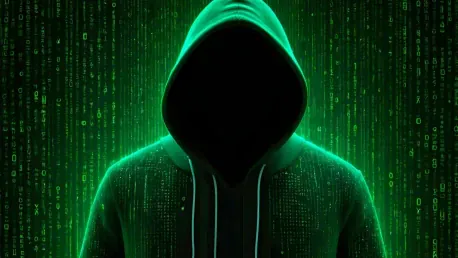
Battling cybercrime has become a formidable challenge for Fiji's law enforcement agencies, hampered by an intricate web of legal processes that slow investigations. Despite efforts to combat the growing threat of scams, judicial complications and procedural hurdles have continued to pose

The recent approval of the draft United Nations Convention Against Cybercrime marks a pivotal moment in the effort to combat cybercrime on a global scale. This treaty is being touted as a landmark effort to establish a unified international response to cyber threats, but it has also sparked

The UN's first-ever Convention against cyber crime has ignited a firestorm of debate among major technology companies, human rights organizations, and information security professionals. The convention, which aims to enhance global cooperation in combating cyber crime, has generated both support

The medical marijuana industry in South Dakota is grappling with a significant issue: the proliferation of synthetic THC products derived from hemp. These products, such as delta-8 THC and delta-10 THC, mimic the effects of delta-9 THC found in marijuana but are unregulated and widely available. A

Ryan Keeney, a seasoned lawyer turned tech entrepreneur, is creating waves in the legal compliance landscape with TrustReq, a web application designed specifically for legal professionals in Ontario. Keeney's innovative approach aims to simplify the often complex and cumbersome regulatory processes

With the drafting of the United Nations Convention Against Cybercrime, the international community is on the cusp of establishing the first global, legally binding document aimed explicitly at addressing cybercrime. This landmark initiative poses both significant potential benefits and complex